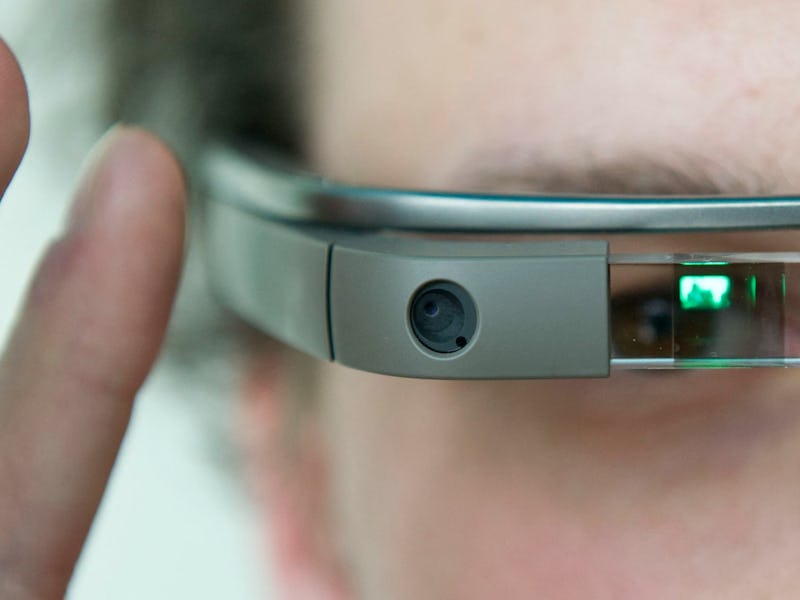Google Just Made the Best Case for Reviving Google Glass
Google’s Gemini AI could be the missing ingredient that Google Glass didn’t have over 10 years ago.

Google’s I/O developer conference this year was all about AI. That makes sense since the company’s Gemini AI model got a huge upgrade with real-time multimodal design. However, it was a pair of concept smart glasses infused with Google’s improved Gemini model that caught our eye.
In a couple of demos, Google showed off its Project Astra concept, which is similar to the vision feature we see on AI devices like Rabbit’s R1 or Humane’s Ai Pin. Instead of a handheld or a wearable with a camera, Google previewed its “Deepmind vision for the future of AI assistants” in a pair of glasses-like device. Of course, we immediately thought of Google Glass and how, with AI, the augmented reality glasses could be reborn now that smart glasses are becoming culturally accepted.
A Match Made In AI Heaven
When demoed through a smartphone camera, Project Astra quickly understood and responded to complex requests, like making up an alliterative poem about crayons or understanding what a specific section of code on a compute monitor does.
Project Astra appears even more intuitive when paired with a mockup for a pair of augmented reality glasses. In another demo, Gemini could solve a riddle or come up with a band name based on what it saw through its built-in camera(s).
Creating large language models (LLMs) that can understand context and spit out accurate responses in real-time has been a major challenge for all companies working on AI. Still, we’re seeing major strides recently, especially with OpenAI revealing its GPT-4o model that feels more fluid and natural.
Google could be working on a competitor to the smart glasses made by Meta and Ray-Ban.
Just a Prototype For Now
Before we get too invested in this Google Glass redemption arc, we should note that Google didn’t confirm a successor or follow-up during its I/O developer conference. The company only refers to the device we saw during the demo as a “prototype glasses device.” On the other hand, Google said in its blog that “it’s easy to envision a future where people could have an expert AI assistant by their side, through a phone or glasses.”
When asked by media about Project Astra’s similarities to Google Glass, Google co-founder Sergey Brin didn’t dodge the obvious. According to CNET, Brin suggested Astra was the “perfect hardware” for Gemini’s AI. “It’s like the killer app now, 10 years later.”
Additionally, he reportedly said that the smart glasses “form factor was pretty cool” and Google would have to consider a return for Glass. Brin told media that Google could have “timed that a bit better.”
Looking back at Google Glass, it’s clear that the augmented reality glasses arrived too early. Socially, the world wasn’t ready for a camera on the face or augmented reality in front of our vision. But we’ve come a long way from the “Glasshole” era. As AI prepares to permeate every aspect of our lives — through hardware and software — the time may be right for Google Glass to make a comeback. With the intelligence of Gemini, a next-generation pair of Google Glass could actually allow Google to break into an upcoming product category, especially now that our appetite for LLMs has grown. Meta’s already racing full steam ahead with incorporating AI into its Ray-Ban Smart Glasses. The worst thing that could happen is that it ends up in the Google Graveyard.
This article was originally published on